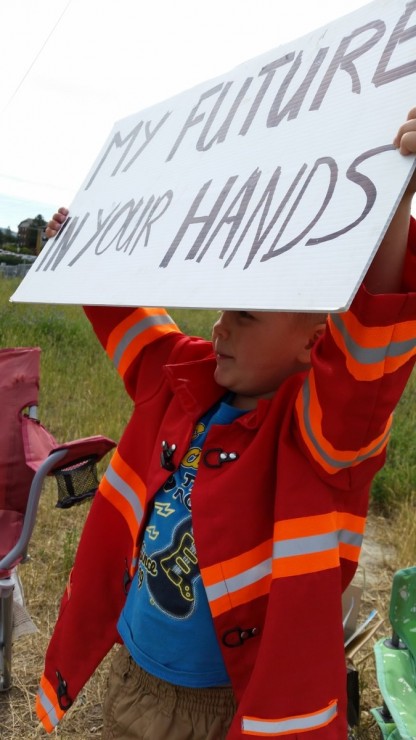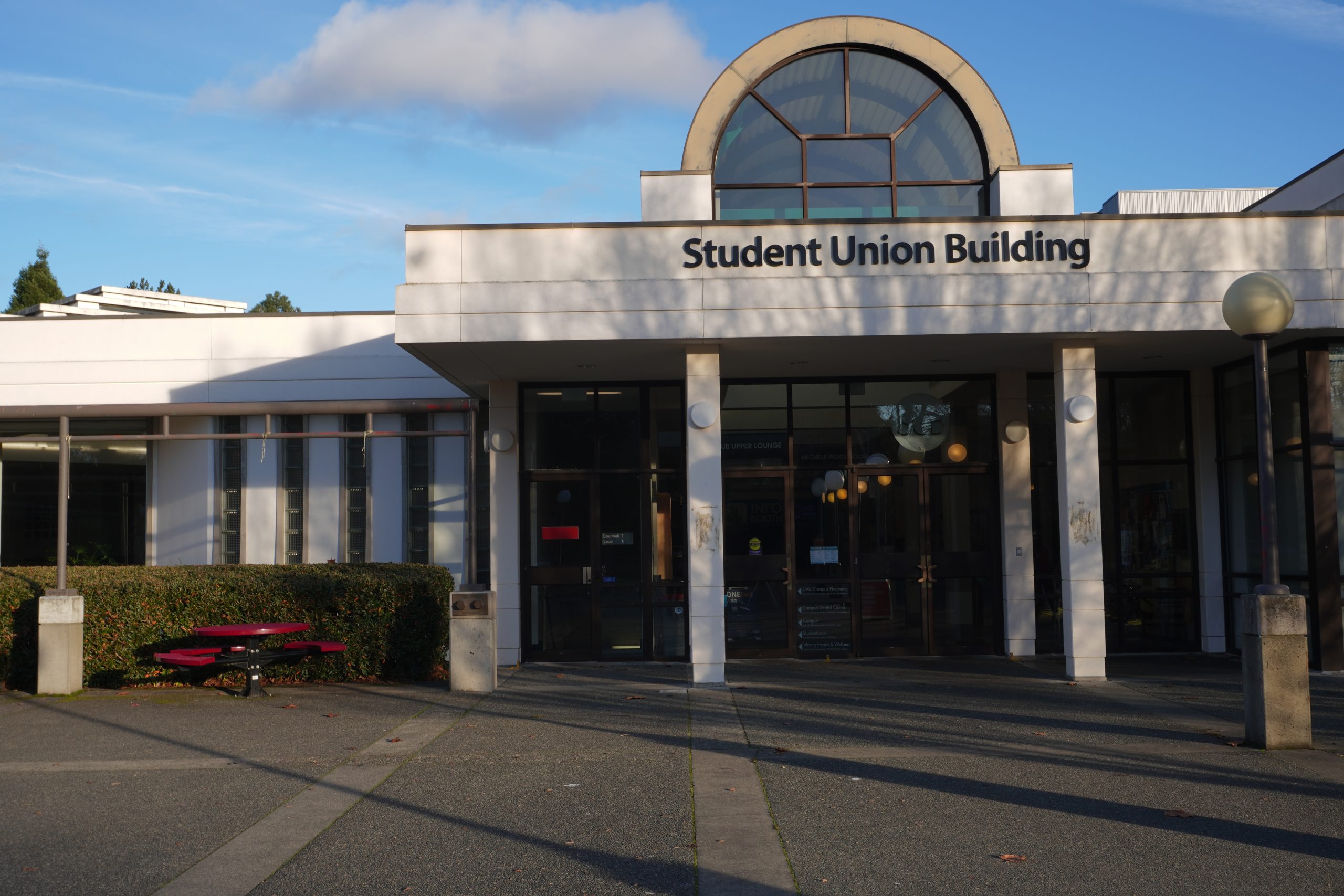This article was originally published by the Gateway of the University of Alberta.
Teachers in Ontario pledged $1.5 million last month to shore up the B.C. Teachers’ Federation (B.C.T.F.) in its ongoing strike. The teachers are on strike after the B.C. government has repeatedly failed to follow B.C. Supreme Court rulings in favour of the teachers. The employer unconstitutionally took away teachers’ rights to bargain on class size (number of students to a teacher and assistants) and composition (how many special needs can be accommodated within a given group and environment). Teachers previously forwent salary increases to maintain consultation on class size and composition, and the B.C. government has bargained in bad faith.
Ontario high school teachers have said they’ll be looking to make significant gains when they head into negotiations this September after a two-year wage freeze, but they’re not the only ones who should stand up for teachers Canada-wide and argue for quality public education in Canada.
When we’re constantly referred to as “youth” and “students,” it may be easy to forget that there are people much younger than us struggling to get an education. Canada’s provinces and territories are not such close-border places that quality of education in B.C. won’t affect the future of our entire country.
My post-secondary institution hasn’t taught me to use my privilege of an education solely for personal gain. I believe in education benefiting everyone, and I think it should be provided in highest quality to the people who shape our world, and who will shape it for generations. Teachers can’t do that in classes that demand more time and effort than they are able to volunteer, especially while underpaid. But it’s not even about pay rates; it hasn’t been for a long time. The biggest point on the B.C. bargaining table is backed by a supreme court—class size and composition: limiting the number of students and special-needs children per teacher and teaching assistant. They have the right to consult on this because these are working conditions, but such things may also affect students’ learning success.
B.C. does have less money than it used to, but I doubt you’d find very many adults who wouldn’t sacrifice just about anything for their child’s or young loved one’s education. This is not the place to cut. The B.C. premier can afford to secure her child’s private school education. It isn’t overly trite to suggest the money B.C. is not currently making from its natural resource sectors should probably come out of the pockets of well-endowed public service officials who can’t strike a fair deal with school teachers.
Canadians shouldn’t stand for this kind of breach by a government within our own country. The B.C. Supreme Court ruled again in the teachers’ favour early this year. The B.C. government broke the law in 2002 when it stripped the teachers’ rights to bargain on class size and composition, and it’s ignoring a supreme court ruling now. But the employer will succeed in quashing its complainants if it can outspend the B.C.T.F.
I know B.C. teachers. I am thankful to them. My sister is one, my brother is taught by them, as are other family members and people whose future I care about—young people who will one day decide my own future. My teachers helped get me where I am, a statement I’m sure may be echoed by many university students and graduates. It’s time we all stood strong for public educators.








